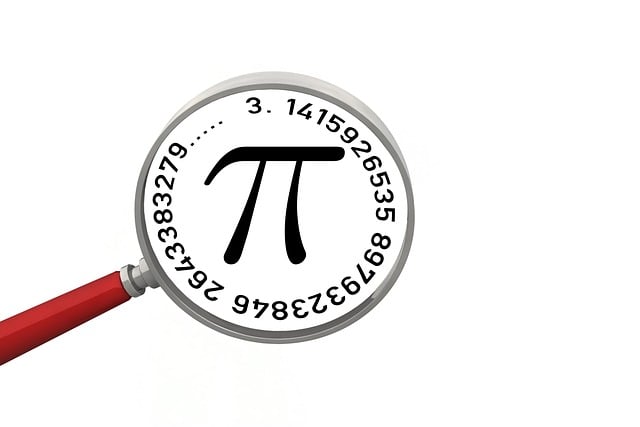Mastering the Math of Online Casinos involves analyzing data, understanding probabilities, and recognizing patterns to make strategic decisions. Game theory, initially developed for gaming, has real-world applications across various fields like economics, politics, supply chain management, and ecology. In online casinos, it predicts player behavior and optimizes strategies for both players and house edges, while businesses use it for trend anticipation, pricing strategies, and marketing campaigns.
Game theory, a branch of mathematics, offers a powerful framework for understanding strategic decision-making. This article explores its profound impact beyond the digital realm, delving into competitive play, real-world scenarios, and even the math behind online casinos. We’ll uncover how game theory provides insights into optimizing decisions in diverse fields, from gaming to business. By examining strategies employed in competitive environments, we can gain valuable lessons applicable to everyday life and professional settings.
- Understanding Strategies in Competitive Play
- Applications Beyond Gaming: Real-World Scenarios
- Optimizing Decisions: From Casino Tables to Business Boards
Understanding Strategies in Competitive Play

In competitive play, understanding strategies is key, especially within the realm of the math of online casinos. Just as players analyze patterns and odds in games like poker or blackjack, successful navigators of online casino environments apply similar principles. By studying historical data, identifying probabilities, and recognizing recurring themes, individuals can develop effective strategies to maximize their chances of success.
This strategic approach involves a delicate balance between risk and reward, where each decision is informed by calculated risks based on the math inherent in games. From slot machine odds to roulette wheel dynamics, the math of online casinos provides insights that level the playing field for those who choose to understand and exploit them.
Applications Beyond Gaming: Real-World Scenarios

The mathematical principles underlying game theory extend far beyond the realm of gaming, finding applications in various real-world scenarios. One notable area is the Math of Online Casinos, where complex decision-making processes are at play. Here, game theory helps model and predict player behavior, enabling casino operators to design fair yet profitable games. By analyzing strategies and outcomes, they can ensure a balanced system, much like a chess master studying potential moves to gain an advantage.
Beyond online gambling, this theory is instrumental in understanding economic interactions, political decisions, and even biological behaviors. For instance, it helps economists predict market trends by examining buyer and seller strategies. In politics, game theory sheds light on election outcomes and policy-making. From supply chain management to ecological dynamics, these mathematical models provide valuable insights, showcasing the versatility and profound impact of game theory in shaping our understanding of complex systems.
Optimizing Decisions: From Casino Tables to Business Boards

The mathematical principles behind game theory offer a powerful framework for optimizing decisions in various scenarios, from casino tables to business boards. At its core, game theory analyzes strategic interactions between decision-makers, providing insights into how individuals or organizations choose among competing options. In the context of math of online casinos, these theories help predict player behavior at gaming tables, influencing strategies for both players and house edges.
This concept extends far beyond gambling, however. Businesses leverage game theory to anticipate market moves, craft competitive pricing strategies, and design effective marketing campaigns. By modeling potential outcomes and incentives, companies can make more informed decisions that drive growth and profitability. This strategic approach, rooted in the mathematical rigor of game theory, has become a vital tool for navigating complex environments where multiple parties are involved.
Game theory, initially developed for competitive play analysis, has evolved to become a versatile tool with real-world applications. From understanding strategic decision-making in online casinos and gaming platforms to optimizing business strategies and even navigating social interactions, its impact is profound. By examining the math behind these scenarios, we uncover insights that enhance our problem-solving abilities. As game theory continues to grow, its role in shaping competitive environments and promoting optimal decisions becomes increasingly indispensable, bridging the gap between theoretical concepts and practical solutions.






